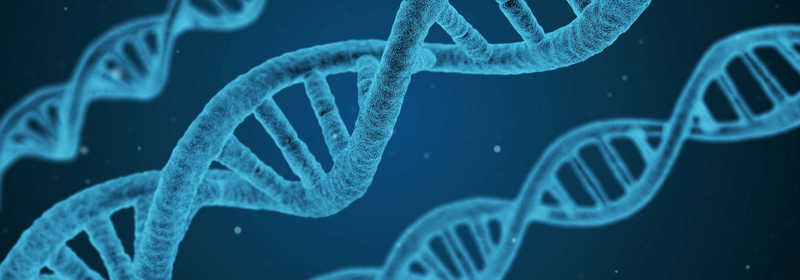
Scientists Discover New Organ in the Human Body
Article Header
« Return to Main PageScientists Discover New Organ in the Human Body
For centuries, researchers and scientists have been studying the human body and its processes to get a better of understanding of how we were designed. But, no matter how much they study, they never come to an end of discoveries to marvel over. And this year is no exception. Recently researchers announced they have discovered an organ inside our bodies that was previously unknown.
When scientists are studying the human body, they often drain away bodily fluids in order to study the sample under a microscope. Because of this preparation method, scientists missed a fluid-filled organ, one of the largest in our bodies, mistaking it for connective tissue.
Researchers at Mount Sinai Beth Israel Medical Center came across this new organ while looking for signs of cancer on a patient’s bile duct. They realized the cavities they were looking at hadn’t been described in scientific literature before. The doctors named this organ the “interstitium.”
This organ runs through our whole bodies, and wraps around many of our organs, and is filled with fluid. It appears to act as a shock absorber, protecting our insides from damage. This layer also fluid to move through the whole body, eventually draining into the lymphatic system. Researchers believe it could help explain how cancer cells spread through the body.
This incredible find could be vital in helping understand cancer and could even provide a new way of diagnosing the disease. A brand-new organ opens up whole avenues of research and will only continue to show God’s amazing handiwork in our bodies.
Amazingly, this isn’t the first organ scientists have overlooked. Last year, it was announced that scientists had discovered a new organ, the mesentery. This large organ, a double fold of a membrane found throughout the intestines, had been described by Leonardo da Vinci but largely ignored until very recently. This new discovery opened up a whole new way of looking at abdominal diseases and how to treat them.
The more we study our bodies, the more it is obvious that we are “fearfully and wonderfully made” (Psalm 139:14). We aren’t the products of millions of years of chance, natural processes. We were designed by our Creator God—and it shows!








